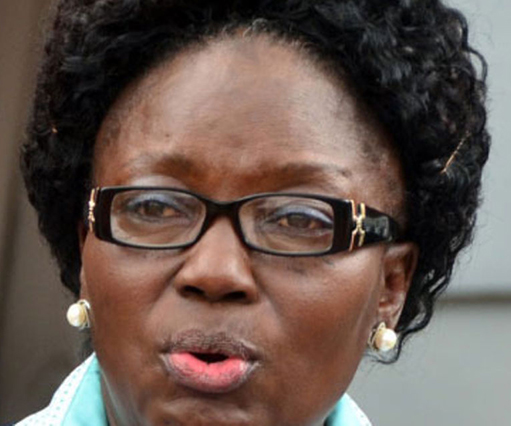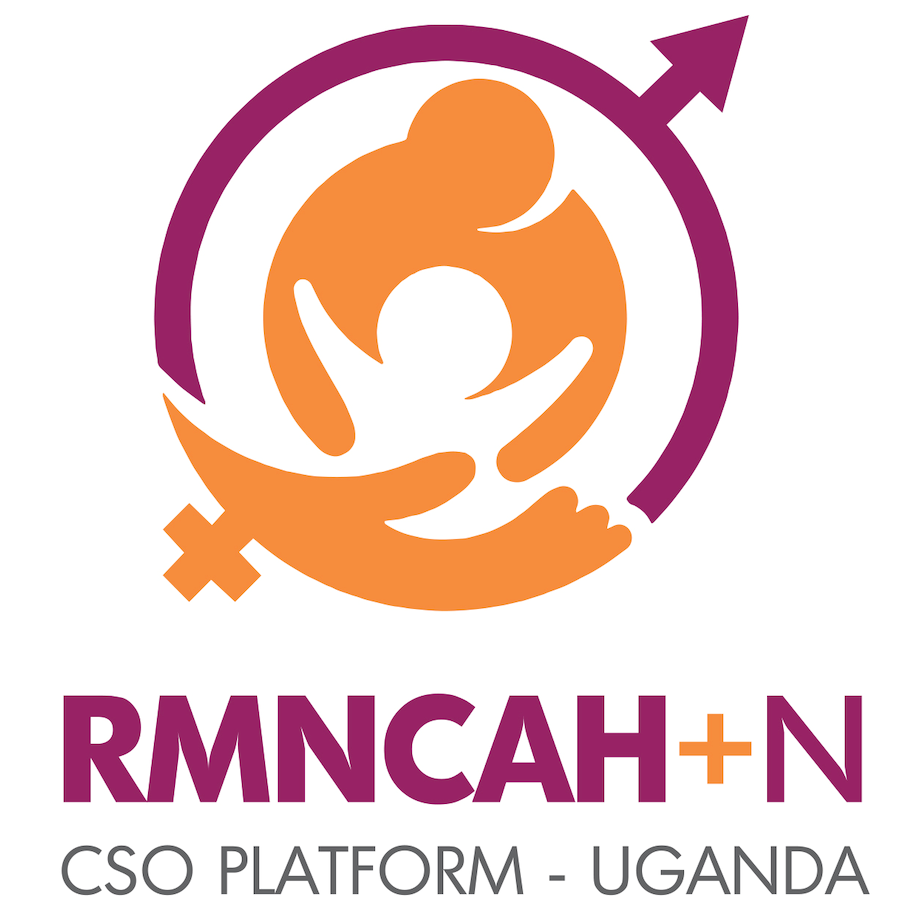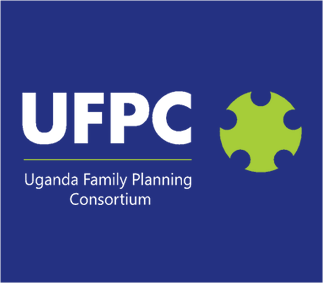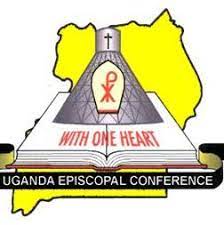Kadaga urges religious leaders to sensitise people on family planning

Speaker of Parliament Rebecca Kadaga has urged religious leaders to sensitise people on family planning What you need to know..
Speaker of Parliament Rebecca Kadaga has urged religious leaders to sensitise people on family planning What you need to know: On the other hands, natural methods include, lactation amenorrhea method (LAM) which relies on exclusive breast feeding for six months, the two-day method involves a women checking the consistency of her virginal discharge as an indicator of fertility. The other is cycle beads which can only be used by women who have regular menstrual cycles The Speaker of Parliament Rebecca Kadaga has asked religious leaders to sensitise their followers about the use of family planning such that they produce children they can afford to look after and reduce the challenge of over dependence. “I receive about the 700 letters a day and 70 per cent of these are asking for school fees. We need to have the courage to tell our people the truth,” - Ms Kadaga said. The conference was organised by the Ministry of Health and other partners in the health sector under the theme "Family Planning for Social Economic Transformation: Empowering Communities" An estimated 1.6 million babies are born annually in the country while every one woman on average has the ability to bear five children, a number experts say is very high and needs to be reduced. The National Population Council (NPC) warns that Uganda’s annual population growth rate of 3.3 per cent, and with limited resources, the strain of unplanned pregnancies has an immediate effect on household income. Professor Augustus Nuwagaba, a lecturer at Makerere University and an international consultant on economic transformation, said the most discounting factor for a country not to transform is failure to manage its population “Countries like Norway and Iceland have managed their population for them to transform economically. The one child policy in China since 1979 has also helped them to transform tremendously,” Professor Nuwagaba said. Statistics from the NPC also indicate that 70 per cent of the population comprises of children or youth most of whom are dependent on parents or guardians. As a result, this limits people’s ability to invest back in the economy To further emphasise the need for family planning, Health Minister Dr Jane Ruth Aceng, said the country’s maternal mortality rate which currently stands at 368 deaths of mothers per 100,000 live births annually is largely contributed to by the youth and adolescent mothers “Uganda has the highest number of teenage pregnancy in Sub Saharan Africa with about 25 per cent with child marriage at 60 per cent of which 15 per cent are married before the age of 15 against their choice,” Dr Aceng said. Family planning refers to the practice of controlling the number of children one has and the intervals between their births. Family planning methods include both modern contraceptives and natural methods. Modern contraceptives include female and male sterilization, oral hormonal pills, the intra-uterine device (IUD), the male condom, and injectables among others. On the other hands, natural methods include, lactation amenorrhea method (LAM) which relies on exclusive breast feeding for six months, the two-day method involves a women checking the consistency of her virginal discharge as an indicator of fertility. The other is cycle beads which can only be used by women who have regular menstrual cycles. Although the country had made a commitment to achieve 50 per cent increase in uptake of contraceptives by 2020, it still stands at approximately 38 per cent according to NPC. Similarly, it has not met the $5 million (about Shs18b) for family planning.























